(TN&MT) - Delegate Pham Van Hoa - National Assembly Delegation of Dong Thap analyzed that when banks sell gold bars but do not buy them back from people, people will sell them on the black market. "Why don't we buy them back to make it convenient for people, so they have money to spend, so that money can circulate", he said and considered "this is a very unreasonable point", at the same time suggested that the State Bank pay attention to this issue.
On the morning of November 11, the National Assembly held a question-and-answer session. The first person to answer was Governor of the State Bank of Vietnam (SBV) Nguyen Thi Hong.
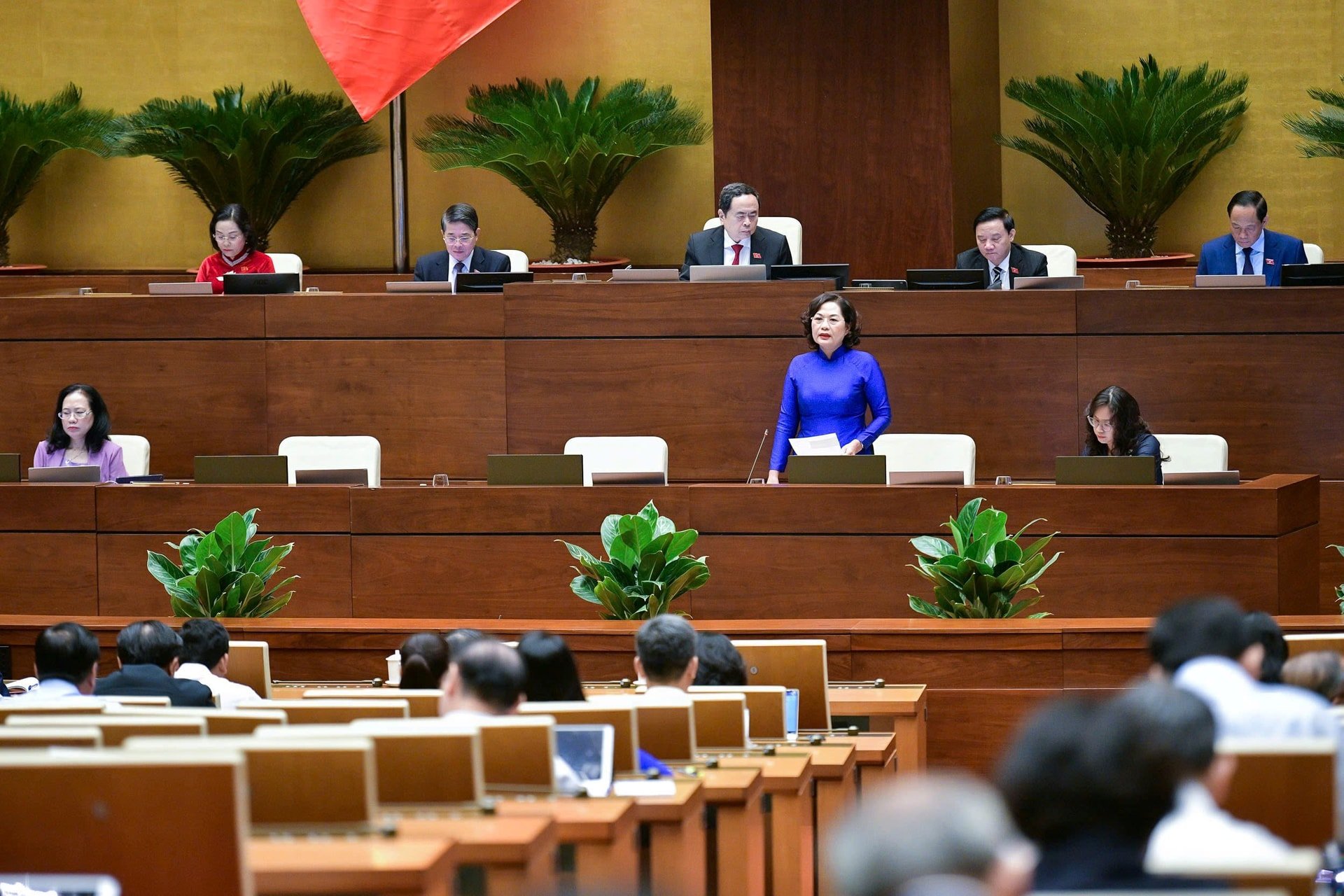
Questioning, delegate Pham Van Hoa (Dong Thap) said that the sale of gold bars by the State Bank to stabilize the gold market has been very well supported by the people. However, banks only sell and do not buy. If banks do not buy, other gold shops will not buy either.
“If people want to sell gold, where can they sell it? On the other hand, banks only sell gold in Hanoi and Ho Chi Minh City, so why don’t they sell it nationwide to make it more convenient and easier for people who want to buy it?”, delegate Hoa questioned.
According to delegate Hoa, the amount of remittances to the country is currently very large, 16 billion USD in 2023 alone, but currently depositing USD in banks has no interest rate, and "keeping it at home is not safe", while banks have to borrow foreign currency from abroad and have to pay interest.
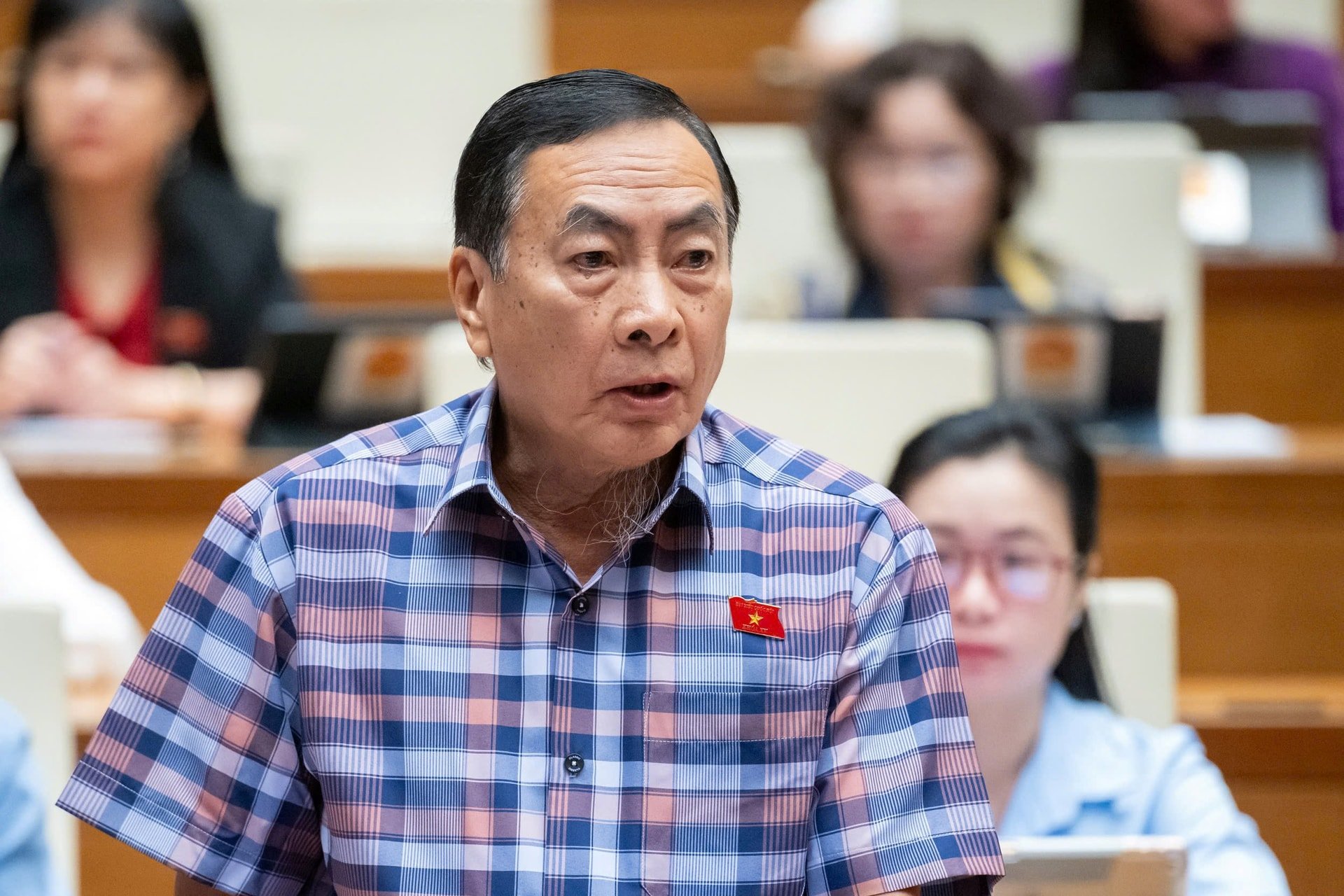
“Why not borrow from the people to benefit the people even if the interest rate is lower than foreign interest rates? Please tell me the reason and explanation why?”, delegate Hoa asked.
Responding to this content, Governor of the State Bank of Vietnam Nguyen Thi Hong said that since 2014, the State Bank of Vietnam has not supplied gold bars to the market because the State Bank has a monopoly on producing gold bars. In the context of increasing market demand, the State Bank of Vietnam has supplied gold and has not raised the issue of buying back.
“Accordingly, state-owned commercial banks sell gold according to the State Bank’s policy of increasing gold supply. Currently, there are 22 credit institutions and 16 businesses trading in gold bars. It is normal for them to still buy and sell gold. As for businesses not buying gold from individuals, it could be due to some reasons such as money balance…”, Ms. Hong said.
Regarding the reason for selling gold bars only in Hanoi and Ho Chi Minh City, Ms. Hong said that the State Bank only grants licenses to businesses specializing in buying and selling gold bars, and does not require any mandatory locations for sale. Businesses and credit institutions themselves will consider and assess the demand in the provinces and cities, and open locations for buying and selling gold bars.
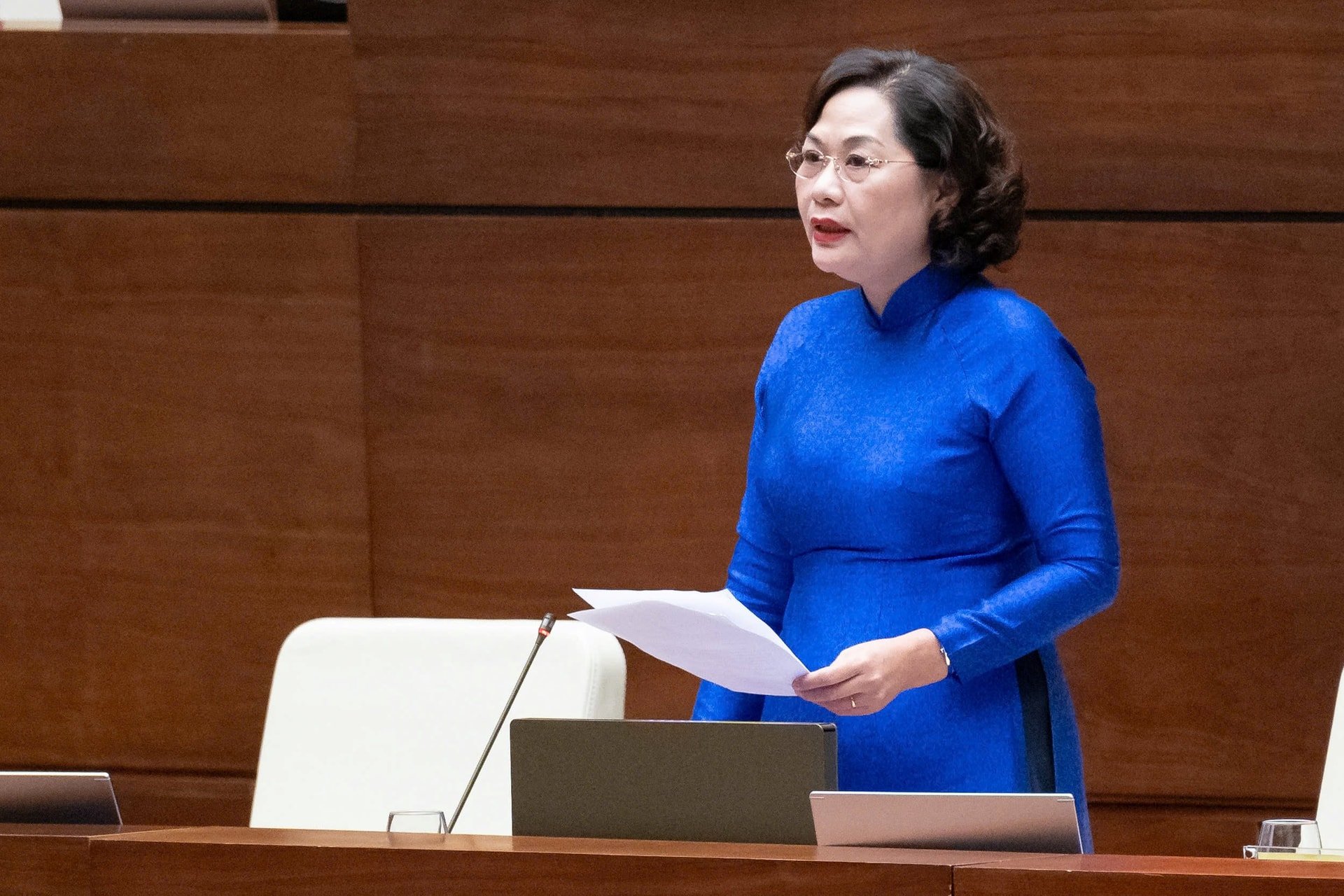
“Through our comprehensive assessment, we see that the demand for buying and selling gold bars is mainly in Hanoi, Ho Chi Minh City and other major cities. In other provinces and cities, there is almost no phenomenon of people lining up to buy gold,” Ms. Hong concluded her answer.
Regarding the reason why the State Bank of Vietnam applied a “0” interest rate for foreign currency deposits, Ms. Hong said that in the past, the foreign exchange market and exchange rates in Vietnam often fluctuated. There was a period when the economy had a foreign currency surplus, but each region kept it and did not sell it.
“Those who have it do not sell, and those who do not have a need for it buy it, so Vietnam's foreign exchange market and exchange rate have gone through periods of volatility that have caused macroeconomic instability,” Ms. Hong emphasized.
Accordingly, since 2016, the State Bank has applied many synchronous solutions. The first is to control inflation to stabilize the value of VND. The second is to implement a solution combining interest rate and exchange rate policies to make holding VND more attractive and profitable. Accordingly, the USD interest rate is brought to 0% and solutions are implemented to stabilize the exchange rate, issuing circulars to limit businesses from buying foreign currency before they have a need.
“In particular, we operate the exchange rate based on the central rate, which means it fluctuates up and down every day, unlike before when the exchange rate only increased in one direction. Therefore, we have limited speculation, hoarding of foreign currency and reduced the dollarization of the economy,” Ms. Hong emphasized.
Accordingly, businesses and people with foreign currency sell to credit institutions, and credit institutions sell to the State Bank. This helps the state's foreign exchange reserves increase, sometimes reaching hundreds of billions of USD. This is an effective policy solution, very good for macroeconomic stability.
“If we increase the interest rate on foreign currency deposits now, it means that foreign currency holders will benefit from exchange rate fluctuations, because the USD is currently appreciating and the FED (US Central Bank) policy is like that. They will also receive interest on foreign currency deposits, which could cause a shift from VND to foreign currency, putting the market at risk again.”
Regarding foreign debt, according to Ms. Hong, the nature of Vietnam's economy is that it lacks capital. "Therefore, to develop the economy and society, we must mobilize resources from abroad through direct and indirect investment channels, or borrow from abroad. However, we must ensure macroeconomic balances," Ms. Hong said.
Not satisfied with the Governor of the Bank’s answer, delegate Pham Van Hoa raised a sign asking for debate. “Please clarify because this is the content that voters asked me to ask. This is a very important issue,” he said.
Regarding the USD interest rate, Mr. Hoa cited remittance data from 1993 to present of 206 billion USD and said that "this amount of remittance is very large, but banks refuse to mobilize it" and "if there is any more mobilization, the interest rate will be zero".
“Currently, the government has to borrow ODA from foreign countries and pay interest. Why not borrow USD from the people at a lower interest rate than borrowing from foreign countries? This will benefit the people and at the same time encourage overseas Vietnamese to send more foreign currency back home,” said delegate Hoa.
Regarding the 0% interest rate for USD, Ms. Hong said that our policy is to limit gold and dollarization. When people and businesses have foreign currency, they sell it to banks and when they need it, they buy foreign currency.
“The policy is that we gradually shift from mobilizing and lending in foreign currency to buying and selling foreign currency. Because if we mobilize and lend in foreign currency, the credit institutions themselves will face risks because of unpredictable exchange rate fluctuations. When mobilizing from people in foreign currency, the credit institutions will face exchange rate risks because mobilizing is lending, and if not lending, the credit institutions will have to deposit and invest abroad,” Ms. Hong said.
According to Ms. Hong, the policy aims to help businesses and people convert foreign currency into VND to invest in production and business, helping the state increase foreign exchange reserves and stabilize the market.
Source: https://baotainguyenmoitruong.vn/national-congress-deputy-bank-ban-vang-mieng-nhung-khong-mua-lai-cua-nguoi-dan-la-diem-rat-bat-hop-ly-382937.html


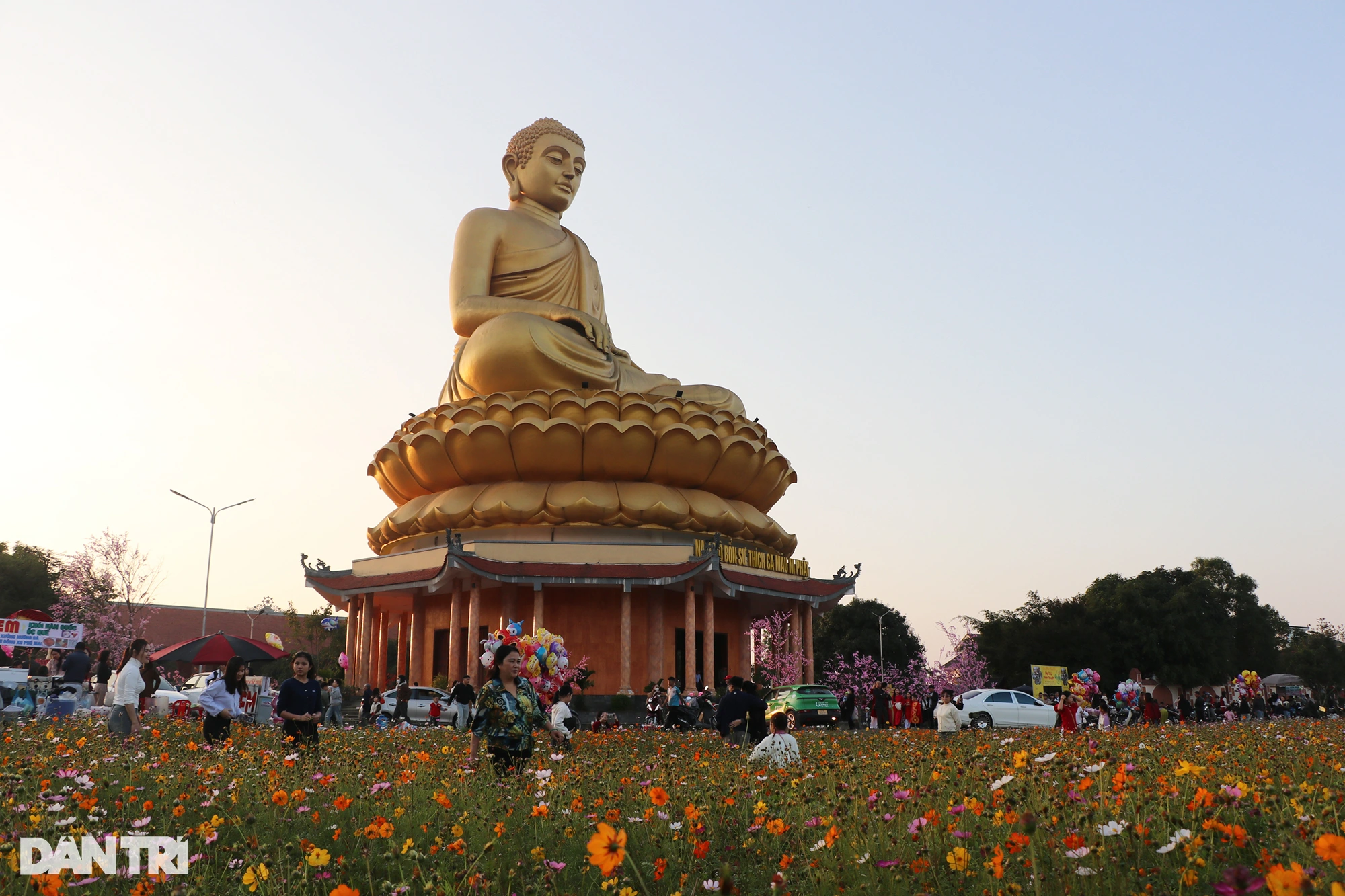




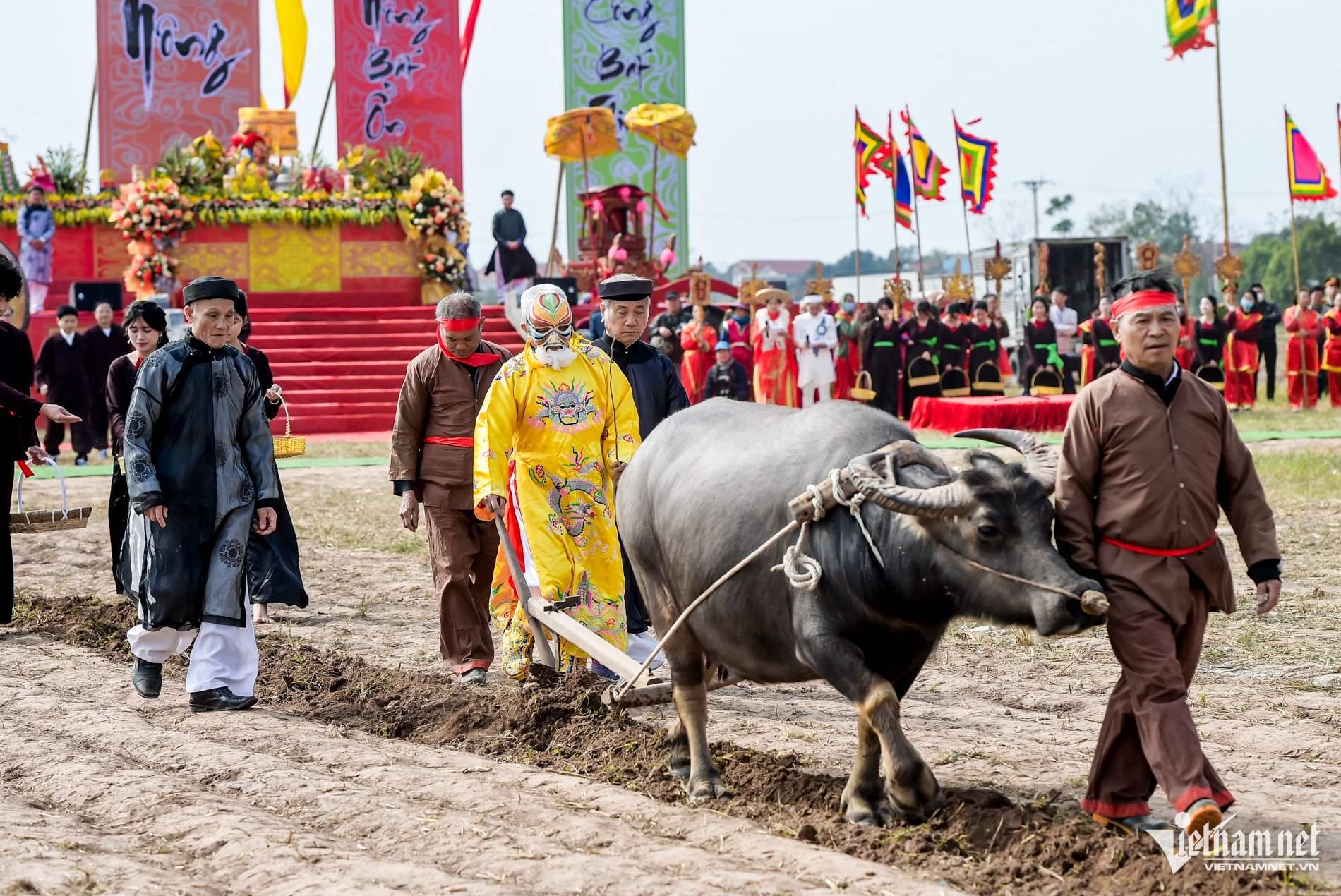














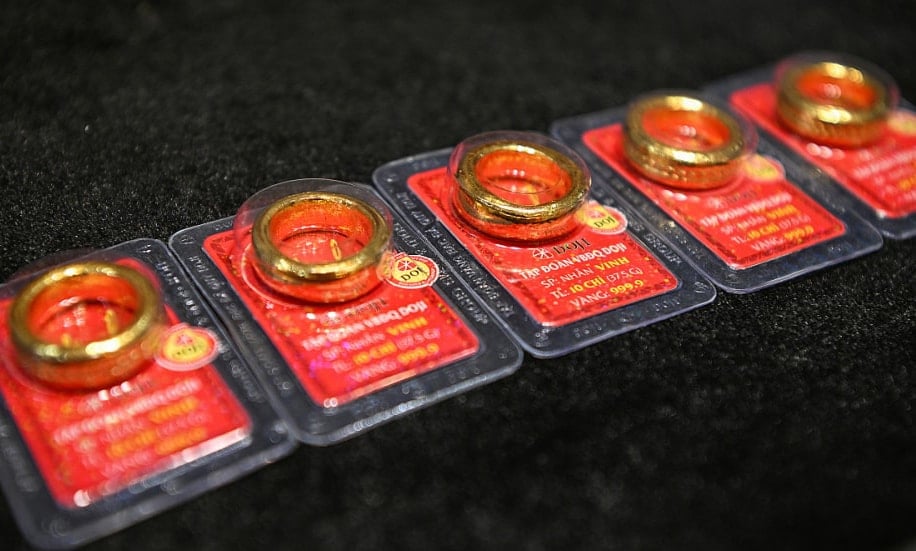
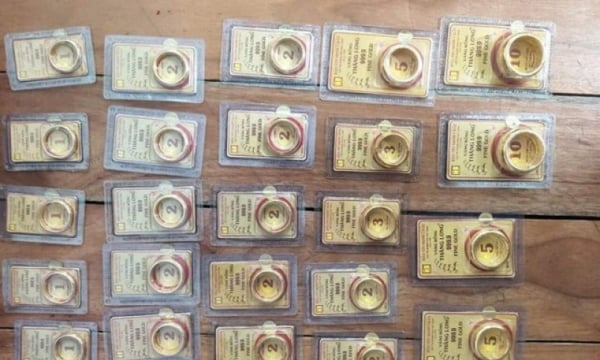
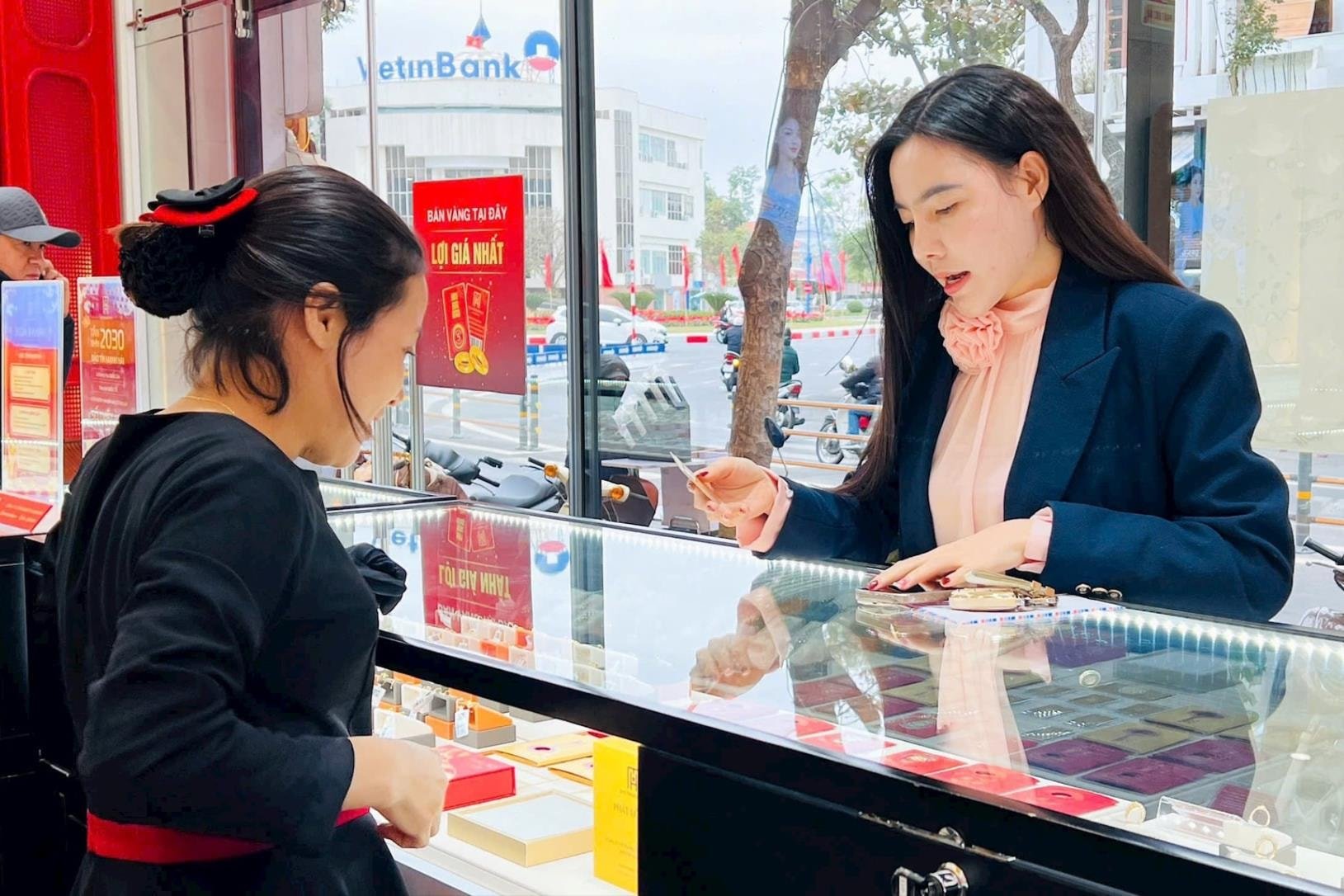
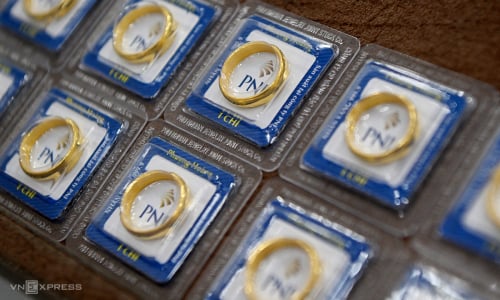
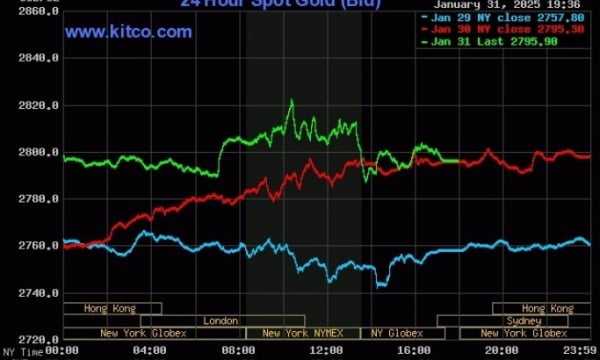
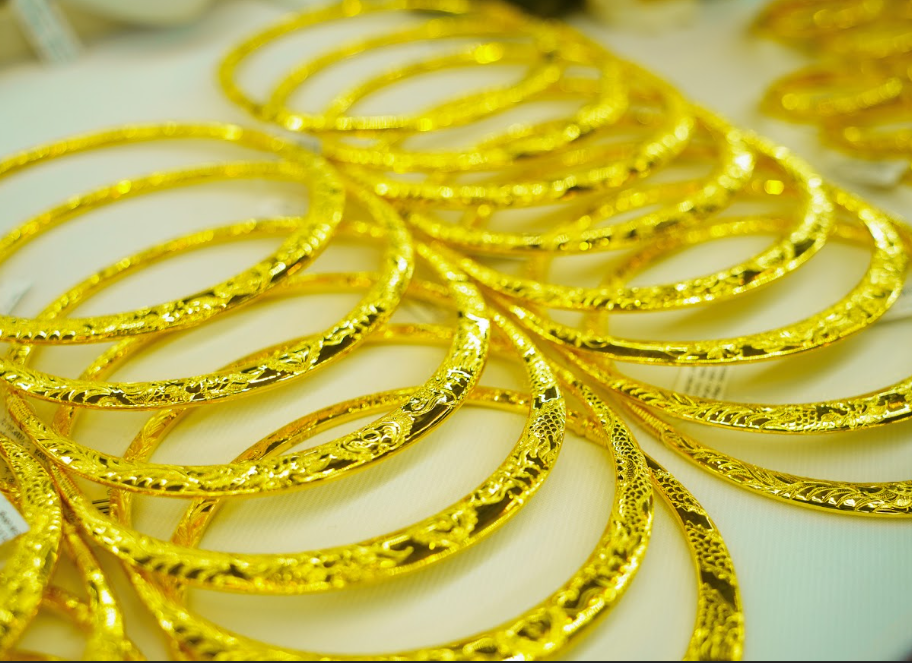
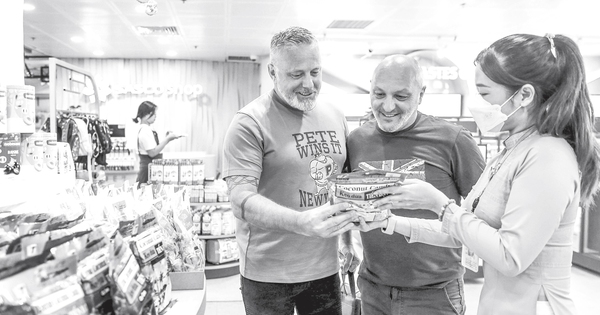

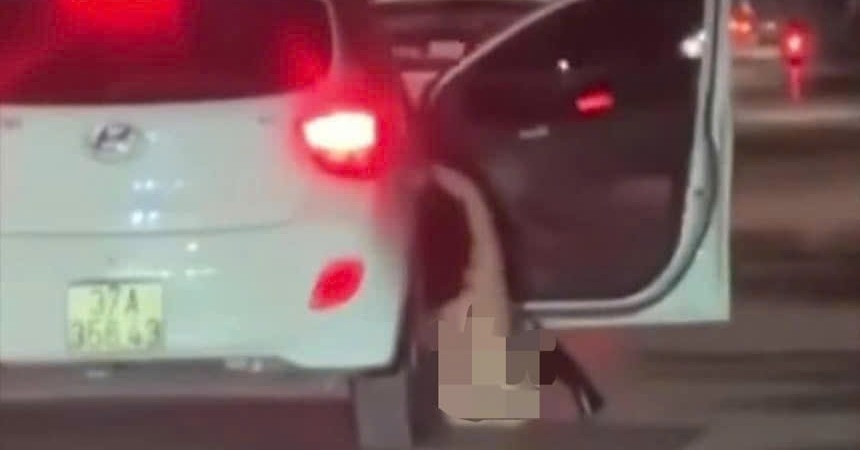




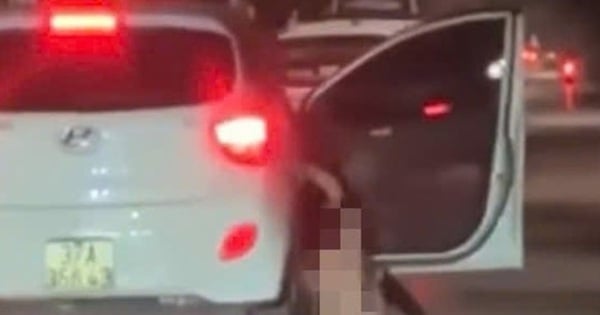
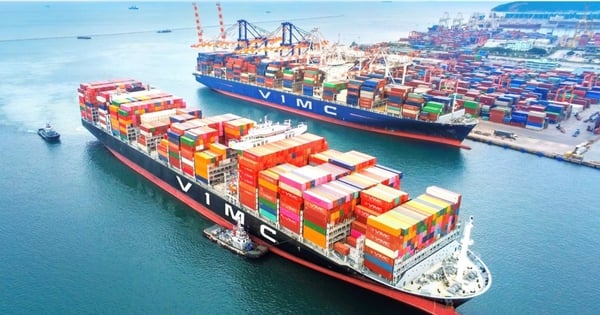

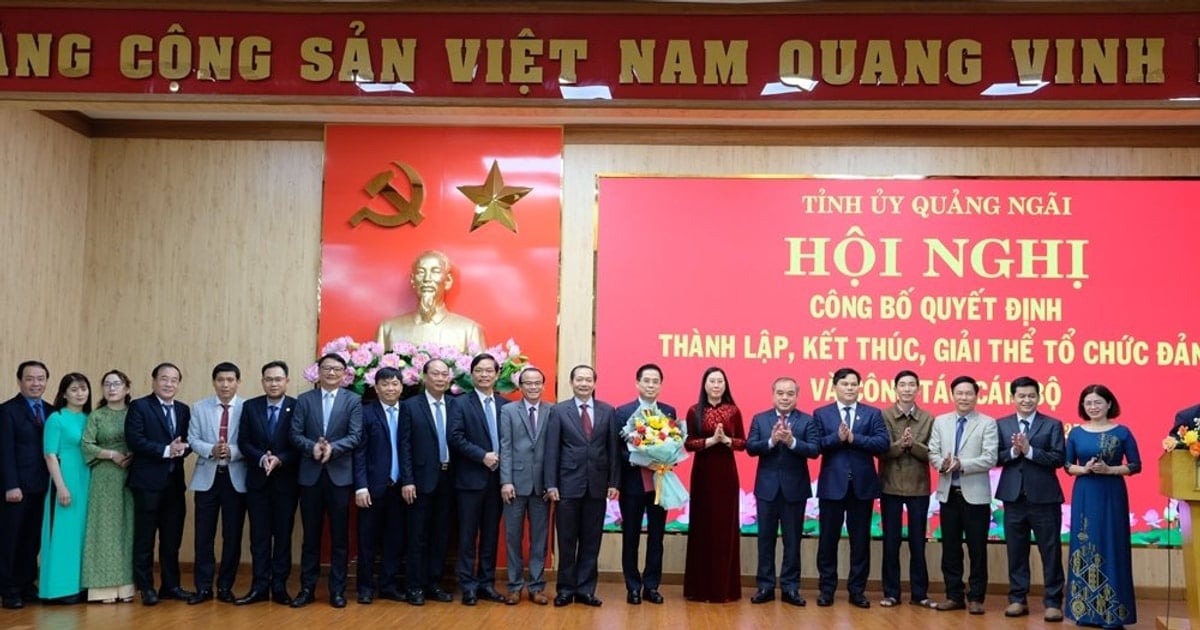
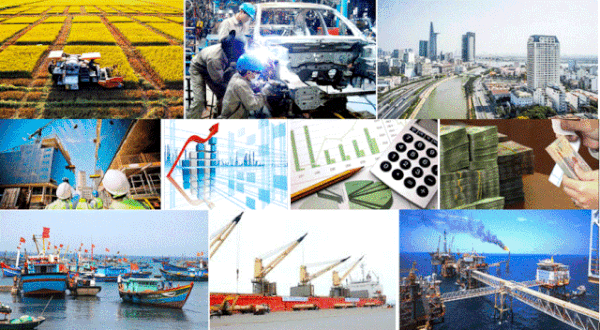
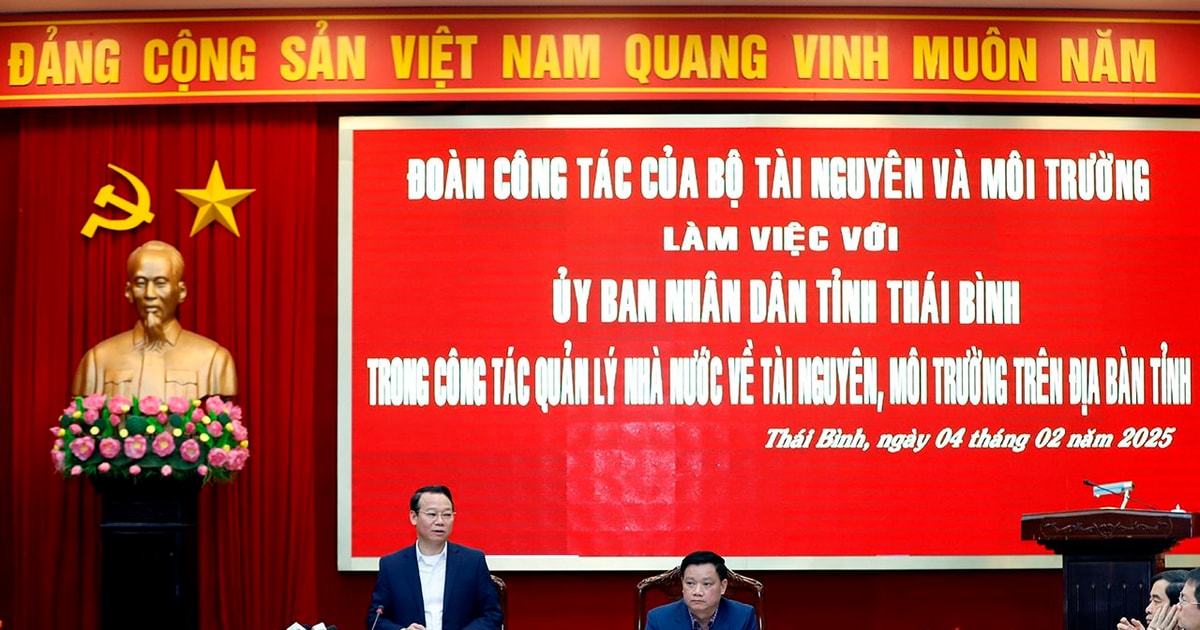
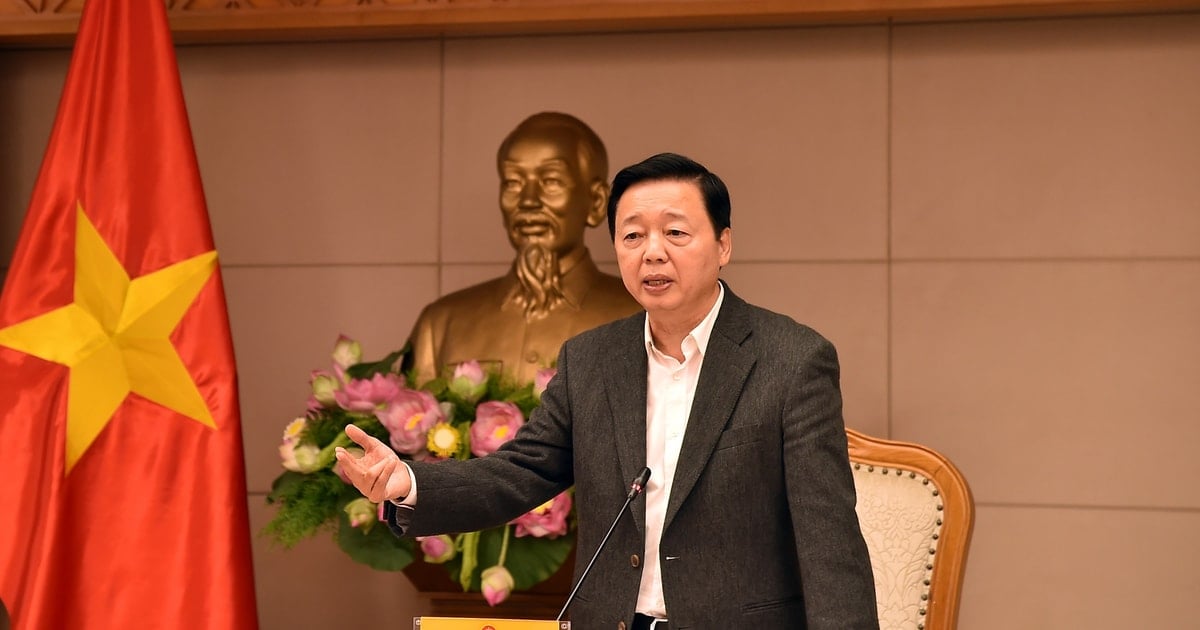
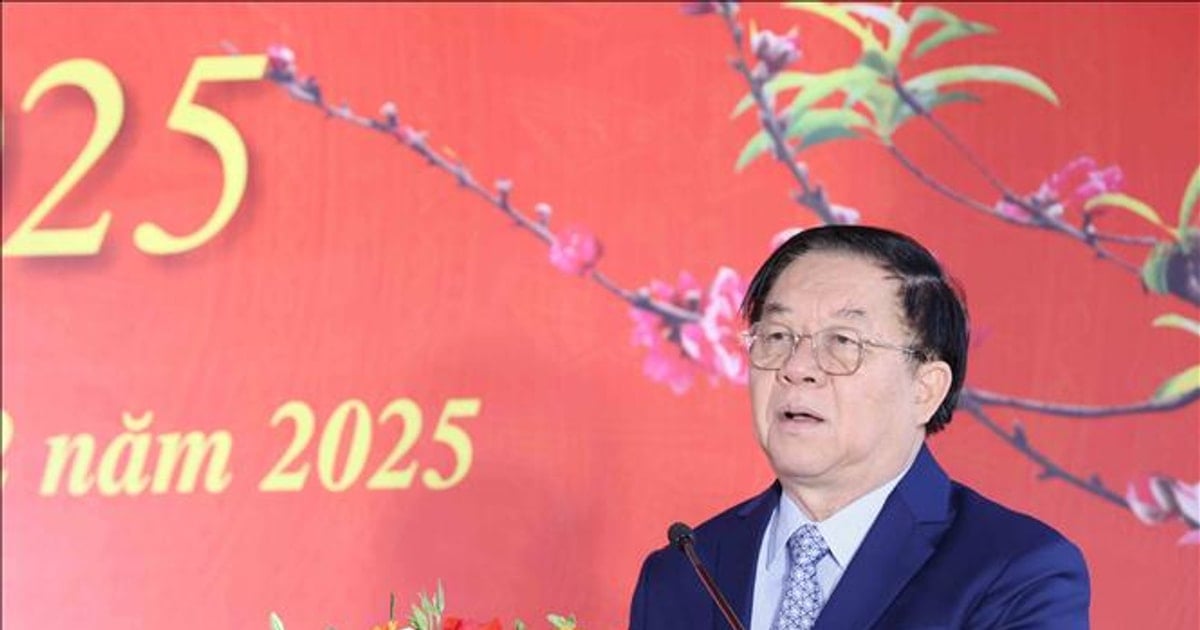
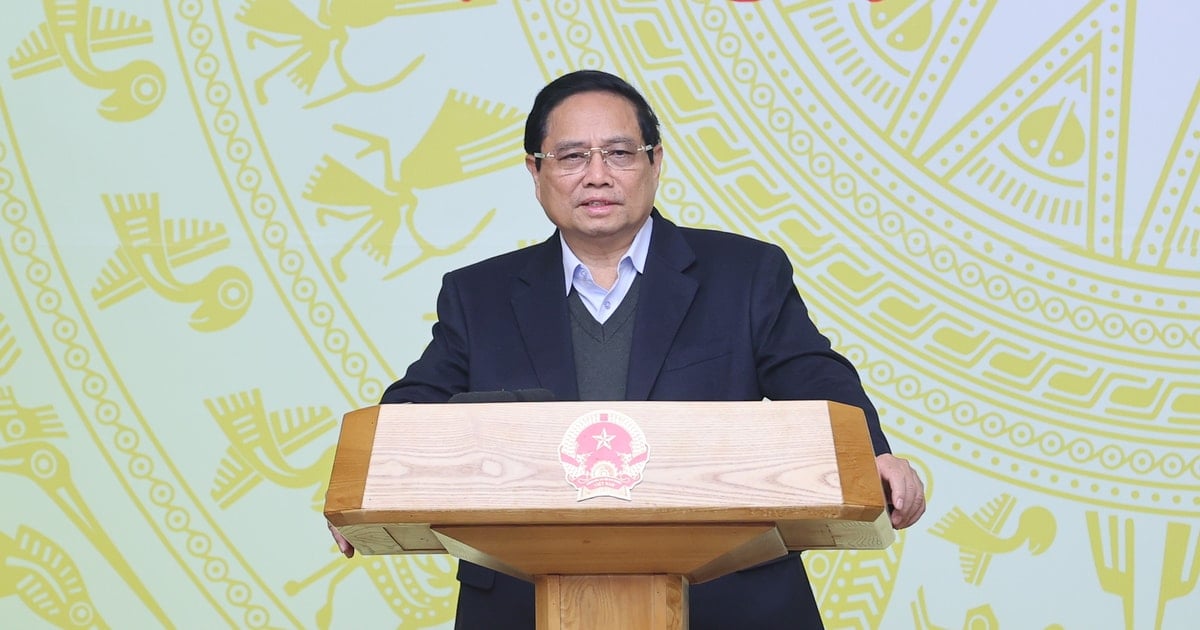

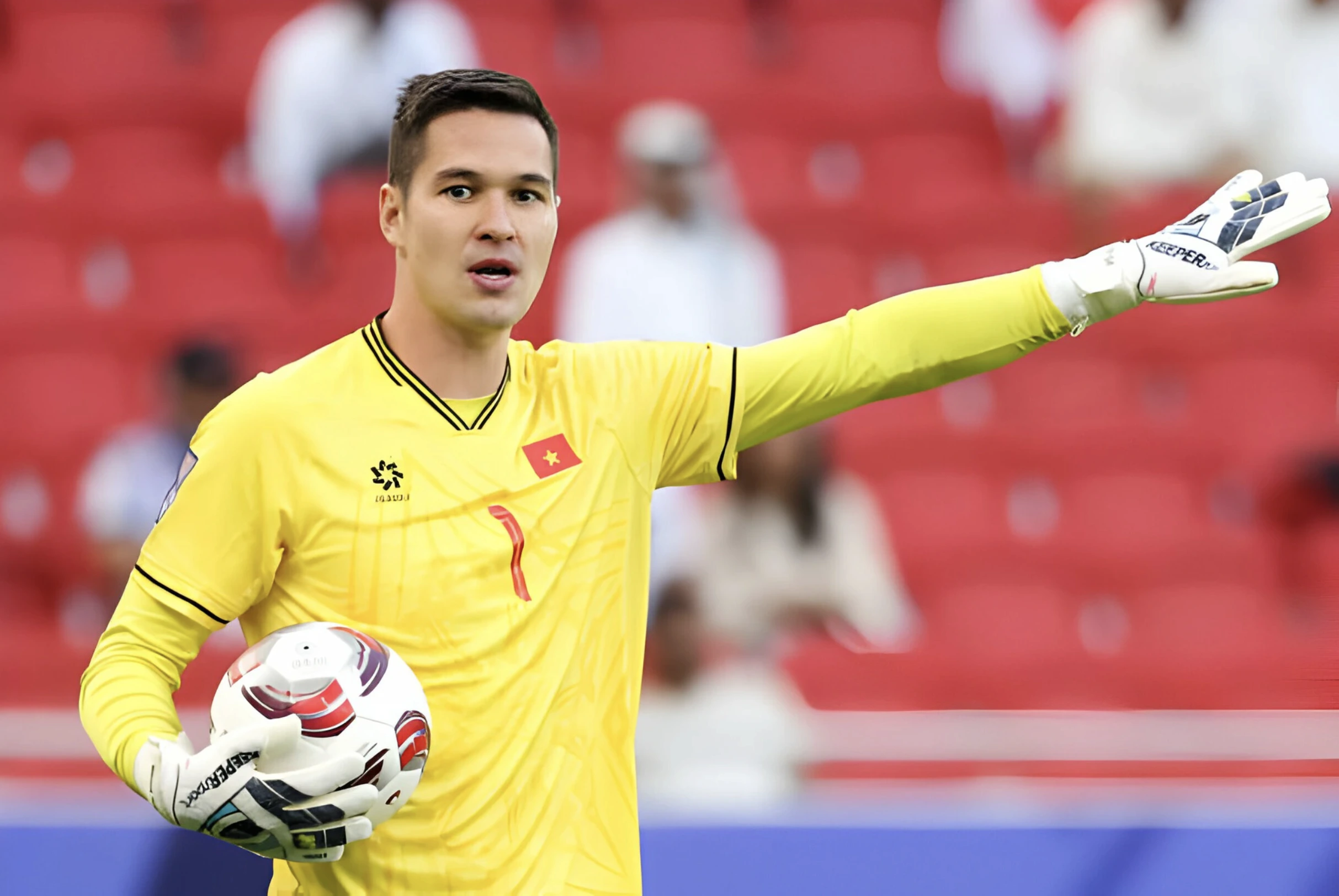






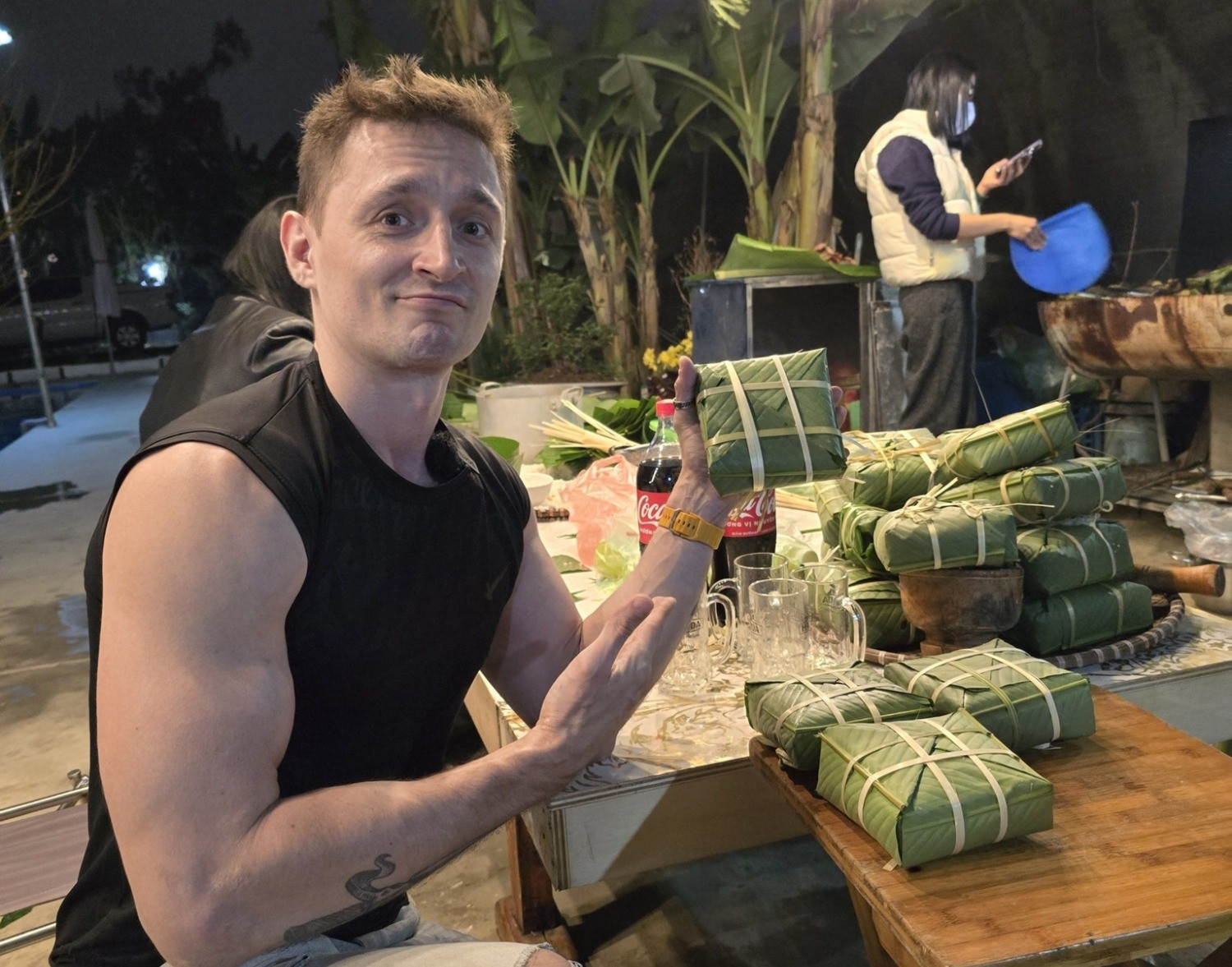





Comment (0)